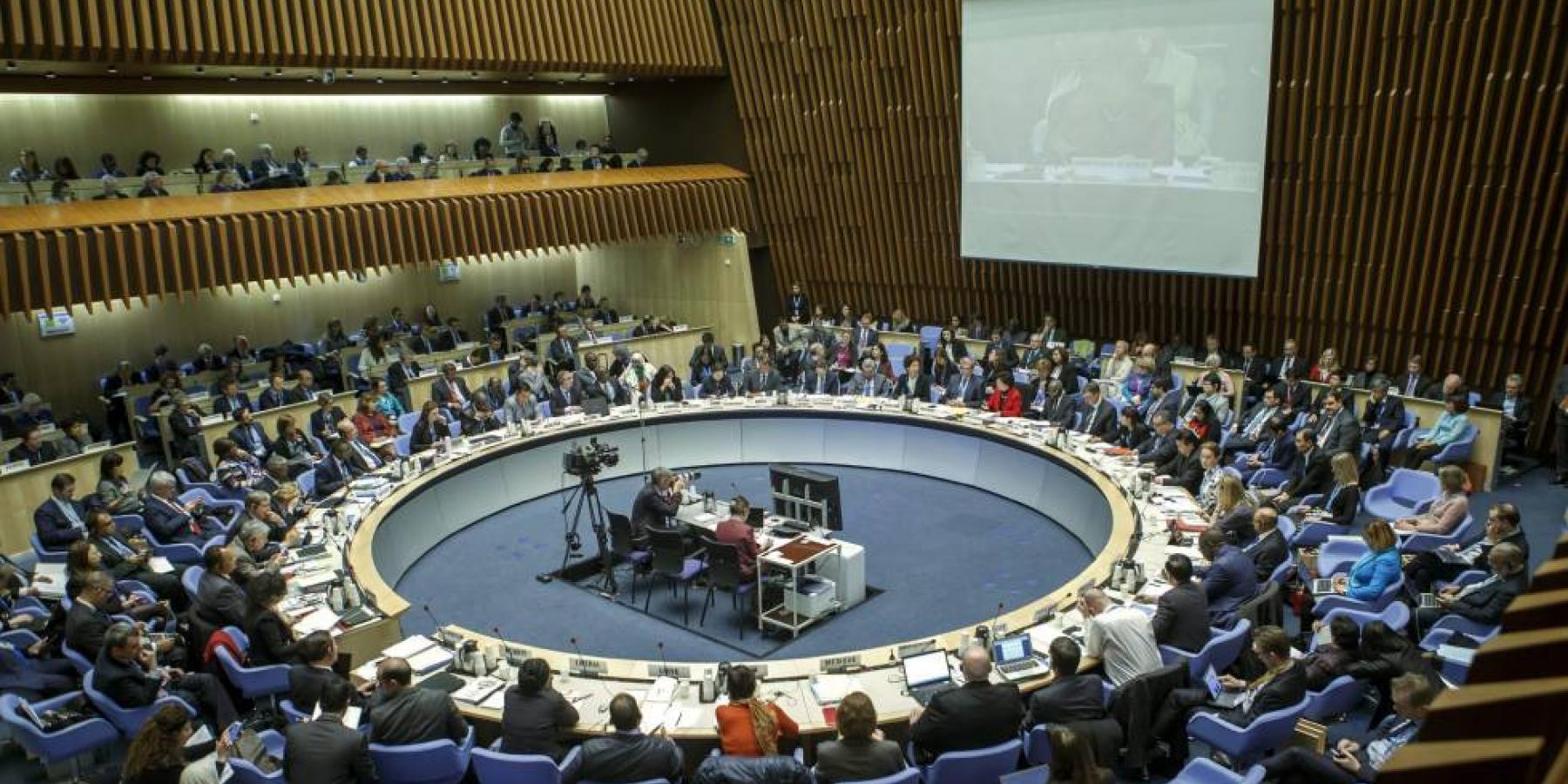WHO 138th Executive Board: Highlights on NCDs
02nd February 2016

02nd February 2016
Discussions at the 138th WHO Executive Board (EB) concluded on Saturday. Highlights on NCDs and other relevant agenda items are outlined below. The NCD Alliance prepared several statements on agenda items, which can also be downloaded here.
6.3 Prevention and Control of NCDs
During discussion, Member States acknowledged the lack of progress on the nine global NCD targets and agreed on the need to fast-track national action in the lead up to the UN High-Level Review on NCDs in 2018. The EB endorsed the process in 2016 to update Appendix 3 of the Global Action Plan on NCDs 2013–2020, as well as the process to develop an approach that can be used to register and publish contributions of non-State actors on NCDs. The resolution was adopted with an amendment to highlight the central role of strong surveillance systems, in addition to emphasising the importance of the implementation of the four time-bound commitments. See EB138/10 and EB138/10 Add.1.
6.1 Maternal Infant and Young Child Nutrition
Having considered a draft resolution to endorse the new WHO guidance on ending the inappropriate promotion of foods for infants and young children, the Executive Board decided that further discussions in the intercessional period were needed. A specific request was made to review recommendation 6 of the guidance. Member States also requested that the report of the Commission on Ending Childhood Obesity be included in the report to the 69th WHA, as well as information on how the 2025 WHA Nutrition targets will be aligned with the 2030 Agenda. See EB138/8 and EB138/8 Add.1.
5.3 Framework of engagement with non-State actors (FENSA)
Member States supported the extension of the mandate of the Open-ended Intergovernmental Meeting, to resume its work for a final session on 25-27 April 2016 to ensure adoption of a consensus text on FENSA at the 69th WHA. Discussions focused on an ‘implications paper’, which will serve to assess the practical and resource implications of FENSA on WHO at global and regional levels. This paper will be presented to Member States ahead of the April negotiations. See EB138/7.
7.2 Health in the 2030 Agenda for Sustainable Development
Member States called on WHO to ensure a fully integrated and multisectoral approach to implementing the health goal in the SDGs and highlighted NCDs as a concern for all countries in the new health and development agenda. Two resolutions were introduced; the Board endorsed a resolution on UHC and requested further discussions ahead of WHA on a second resolution on the role of WHO in the implementation of 2030 agenda. See EB138/14.
7.3 Global Strategy for Women’s, Children’s and Adolescents’ Health
The Executive Board took note of the report of the operational plan to take forward the Global Strategy for Women’s, Children’s and Adolescents’ Health. Recognising the important role of WHO in the implementation of the Strategy, Member States suggested that a WHA resolution be developed on this agenda item and requested a technical briefing be held at the Assembly in May. See EB138/15.
7.4 Ageing and Health
Member States called for greater emphasis on aspects of gender, equity and human rights, together with mental health issues in the context of draft global strategy and plan of action on ageing and health. A resolution will be drafted for adoption at the 69th WHA. See EB138/16.
7.5 Health and the Environment
Member States showed wide support for the roadmap for an enhanced global response to the adverse health effects of air pollution, and clear recognition of air pollution as a public health priority. In particular, the impact of air pollution on NCDs was highlighted, as well as co-benefit solutions to address other NCD risk factors. An updated roadmap will be presented to the 69th WHA, including an indicator framework and costing details. See EB138/17.
8.7 Migrant Health
An emerging theme from discussions on migrant health was the need to ground this work in the human right to health. Crucially, the response must not only be one of emergency, but be more broadly informed by health systems strengthening and be viewed as a longer term response. The Secretariat acknowledged the need for a global framework for action, as emphasised by Member States, and committed to giving greater attention to NCDs and mental health in this framework. See EB138/26.
Report Launched: Commission on Ending Childhood Obesity
The WHO Commission on Ending Childhood Obesity (ECHO) launched its Final Report on Monday 25 January. This marked the end of a two-year process to address the alarming levels of childhood obesity and overweight globally. The report proposes a comprehensive package of recommendations for governments aimed at reversing the rising trend of childhood obesity. The NCD Alliance and World Cancer Research Fund International response to the report can be downloaded here.